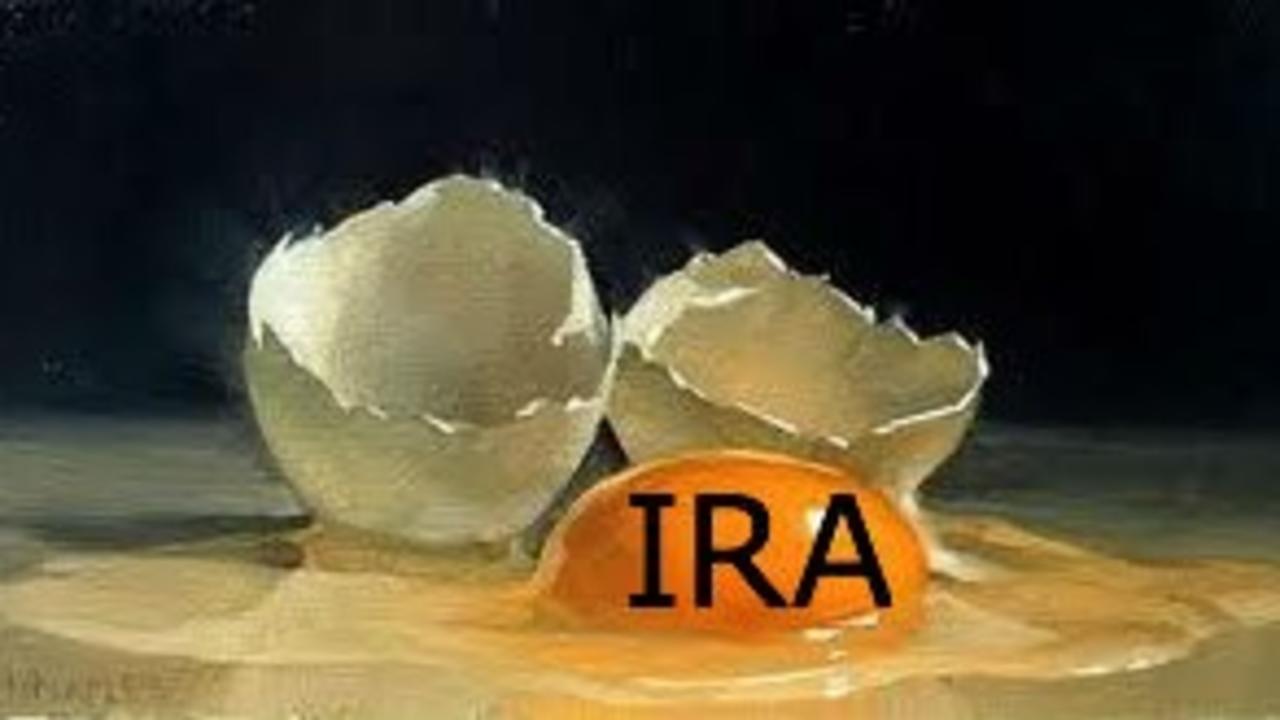An Inherited IRA Is NOT Protected From Creditors in Bankruptcy!
Jul 01, 2014
For several years, there has been a divide among the courts nationwide as to whether or not IRAs that were inherited are protected from creditors or bankruptcy.
 As of June 12, 2014, we definitively know the answer – and it isn’t an answer most of you will like. The answer, according to the U.S. Supreme Court in Clark v. Rameker is…NO, an inherited IRA is NOT protected from creditors in bankruptcy.
As of June 12, 2014, we definitively know the answer – and it isn’t an answer most of you will like. The answer, according to the U.S. Supreme Court in Clark v. Rameker is…NO, an inherited IRA is NOT protected from creditors in bankruptcy.
What are inherited IRAs? Here, we are talking all tax-deferred assets that are transferred to another person after death – except to a spouse. When I say “all tax deferred assets,” I mean IRA, 401k, 403b, IRA annuities, etc. A spouse doesn’t fall under this category because a spouse the one person entitled to actually directly roll over the other spouses IRA into their own (no, contrary to what you believe, your children are NOT allowed to do this! Children must set up inherited IRA accounts, which is the reason for this controversy and now far-reaching legal decision.) In order for a spouse to be protected, however, they MUST do the spousal rollover, and not leave the money in the deceased spouse’s account.
For many, this has major implications. There are a large amount of Americans that have wealth that is almost completely tied up in tax deferred assets such as IRAs, and they intend to leave them to children or grandchildren via beneficiary designations.
I want to make something clear: if you leave ANY inheritance directly to a person that may have creditor or bankruptcy issues, you risk losing YOUR money to their issues. I say this time and again to clients for other reasons (such as a child getting a divorce) but now the issue has been made clear legally. There is no reason (this is what I believe, unless someone tells me with a proper legal rationale otherwise) that I am aware of that means that this only applies to bankruptcy…any regular creditor situation should also apply.
It is possible to protect this money via a Trust, but it has to be set up correctly – and so, I want to be clear, your garden variety revocable living trust (the kind you probably have) will NOT work for this purpose. Unfortunately, most attorneys do not know how to properly set up a trust to be a qualified designated beneficiary under IRS tax rules – if you want someone to protect this money on your beneficiaries’ behalf, make sure they have this specific expertise.
Financial advisors should also be careful to consider whether simple beneficiary designations are proper based on their client’s real desires. Many times, clients are falsely of the belief that beneficiary designations will “take care of it” – but all beneficiary designations do is avoid probate. Other, real goals of clients should be taken into consideration – and protection of an inheritance that a client worked their entire lives for is often a major goal, in my experience. Call us today at (248) 278-1511
The information in this podcast is not intended to be, nor should it be, construed as legal advice. It is for informational purposes only. For advice, specific to your situation, consult with a qualified attorney.
